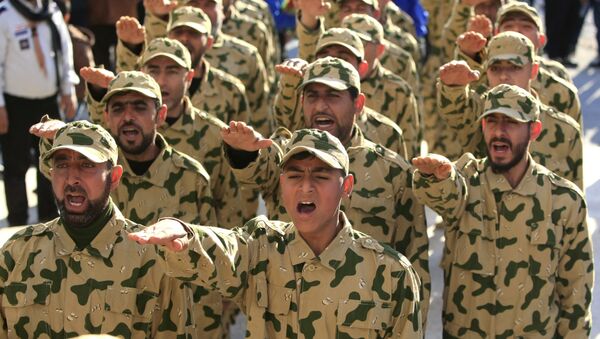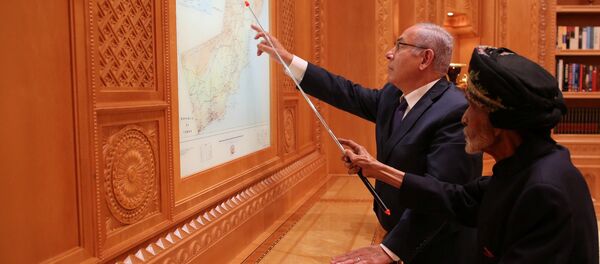During a televised speech on Saturday, Hezbollah leader Hassan Nasrallah said that the movement would retaliate against any Israeli attack on Lebanon.
"Any attack will definitely and certainly be responded to," he said.
Speaking at the UN General Assembly in September, Israeli Prime Minister Benjamin Netanyahu provided satellite images of what he claimed were Hezbollah precision-guided missile installations at Beirut's international airport. He also accused the group of using Beirut's residents as human shields and emphasized that Israel would 'not let [Hezbollah] get away with' their behaviour.
Lebanese acting Foreign Minister Gebran Bassil hit back, blaming Tel Aviv for 'coming up with excuses to justify aggression'.
Tensions between Lebanon and Israel escalated earlier this year, with high-ranking officials from both nations openly mulling over the possibility of a military conflict.
Tel Aviv's plans to build a wall along Lebanon's southern border as well as the ongoing occupation of Lebanon's Shebaa Farms since the 1967 Arab-Israeli War, disagreement over a gas field in the eastern Mediterranean Sea, and the Israeli suspicion that Iran is providing military support to Hezbollah have all played a role in the deteriorating state of relations.
Israel has on multiple occasions accused Hezbollah of being an Iranian 'terrorist proxy,' with Prime Minister Benjamin Netanyahu warning that Israel would 'continue blocking Iran's attempts to use Syria and Lebanon as its forward bases to launch attacks on Israel'.
READ MORE: Israel Accuses Hezbollah of Setting Up Lebanon Military Outpost Posing as NGO
The last large-scale conflict between the two countries took place in 2006, when Israel invaded Lebanon in response to a cross-border raid by Hezbollah and the abduction of two Israeli soldiers. The conflictm which lasted for 34 days and claimed the lives of more than 1,300 people, was halted by a UN-brokered ceasefire.



